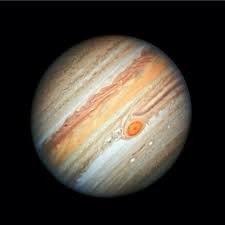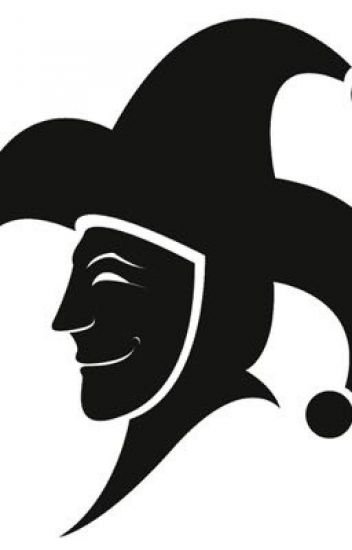

In researching the impact of Jupiter in the various signs, I discovered that Galileo’s natal Jupiter was in Cancer. Ultimately, his natal Jupiter had his back.
In 1609, the intrepid Italian astronomer Galileo began a serious observation and study of the giant planet. In January 1610, he discovered the four largest moons that orbit Jupiter: Io, Europa, Ganymede, and Callisto.
His discovery proved to be a critical curve ball for the geocentric scientific theories at the time that said all planets orbited Earth. It laid the foundation for the heliocentric model of the solar system – i.e., all planets orbit the sun. Ultimately, Galileo’s discovery also proved to be his nemesis. The Catholic Church contended that scripture was absolute about the sun moving around the Earth, that Earth was, in fact, the center of the universe. They deemed Galileo’s beliefs as heretical.
In 1616, Galileo was brought before the chief inquisitor and forbidden from holding or defending his beliefs. Seventeen years later, in 1633, he was brought before another chief inquisitor, Father Vincenzo Maculano de Firenzuola, and was tried for his belief that the Earth revolved around the Sun.
Galileo was 69 at the time, frail and in poor health. His arguments – the fact that he talked about this issue as “discussion” rather than belief” – didn’t convince anyone. On June 22, 1633, the church issued its verdict:
“We pronounce, judge, and declare, that you, the said Galileo… have rendered yourself vehemently suspected by this Holy Office of heresy, that is, of having believed and held the doctrine (which is false and contrary to the Holy and Divine Scriptures) that the sun is the center of the world, and that it does not move from east to west, and that the earth does move, and is not the center of the world.”
His penalty was that his book, Dialogues of Galileo, would be prohibited, that he would go to prison, and that once a week for three years he had to recite the Seven Penitential Psalms. Galileo was forced to recant his own scientific discoveries as “cursed.” It caused him profound anguish but saved him from being burned at the stake.
He spent the rest of his life under house arrest.
The really appalling part of this story is that it took the Catholic Church 350 years to admit that Galileo was right. On Halloween 1992, the New York Times published an article about it.
“More than 350 years after the Roman Catholic Church condemned Galileo, Pope John Paul II is poised to rectify one of the Church’s most infamous wrongs — the persecution of the Italian astronomer and physicist for proving the Earth moves around the Sun.
“With a formal statement at the Pontifical Academy of Sciences on Saturday, Vatican officials said the Pope will formally close a 13-year investigation into the Church’s condemnation of Galileo in 1633. The condemnation, which forced the astronomer and physicist to recant his discoveries, led to Galileo’s house arrest for eight years before his death in 1642 at the age of 77.”
If this sort of thing had happened in the twenty-first century, every media outlet in the world would be there. Journalists would be tweeting their latest opinions on the inquisition. Foes and fans would be videotaping the whole thing on social media. Galileo would have a Facebook page. He would be a hero to some, a despicable traitor to others.
From an astrological point of view, the conflict in belief systems between a single individual with mass appeal and the tyrannical power of the Catholic Church at the time is seen in Galileo’s natal Jupiter. It’s in Cancer, which has a collective appeal. His Jupiter falls in the twelfth house – that area of a natal chart that represents, among other things, institutions like hospitals and prisons. This area of the chart also represents our deepest beliefs, those that often rise unbidden from some dark closet in our psyches and leave us in turmoil, scratching our heads and thinking, Huh?
Even though Galileo spent his last years in confinement, Jupiter really did have his back. His theories, his name, his story have persevered for more than 400 years. Without Google, who can name the man who was pope then? Or the name of the inquisitor? But most elementary school kids recognize the name Galileo. They may not have any idea why he’s famous, they just know that he is. There’s a trickster quality in that.








The trickster is the strangest kind of synchronicity, I think. Sometimes difficult to interpret.
sometimes difficult but always in your face!